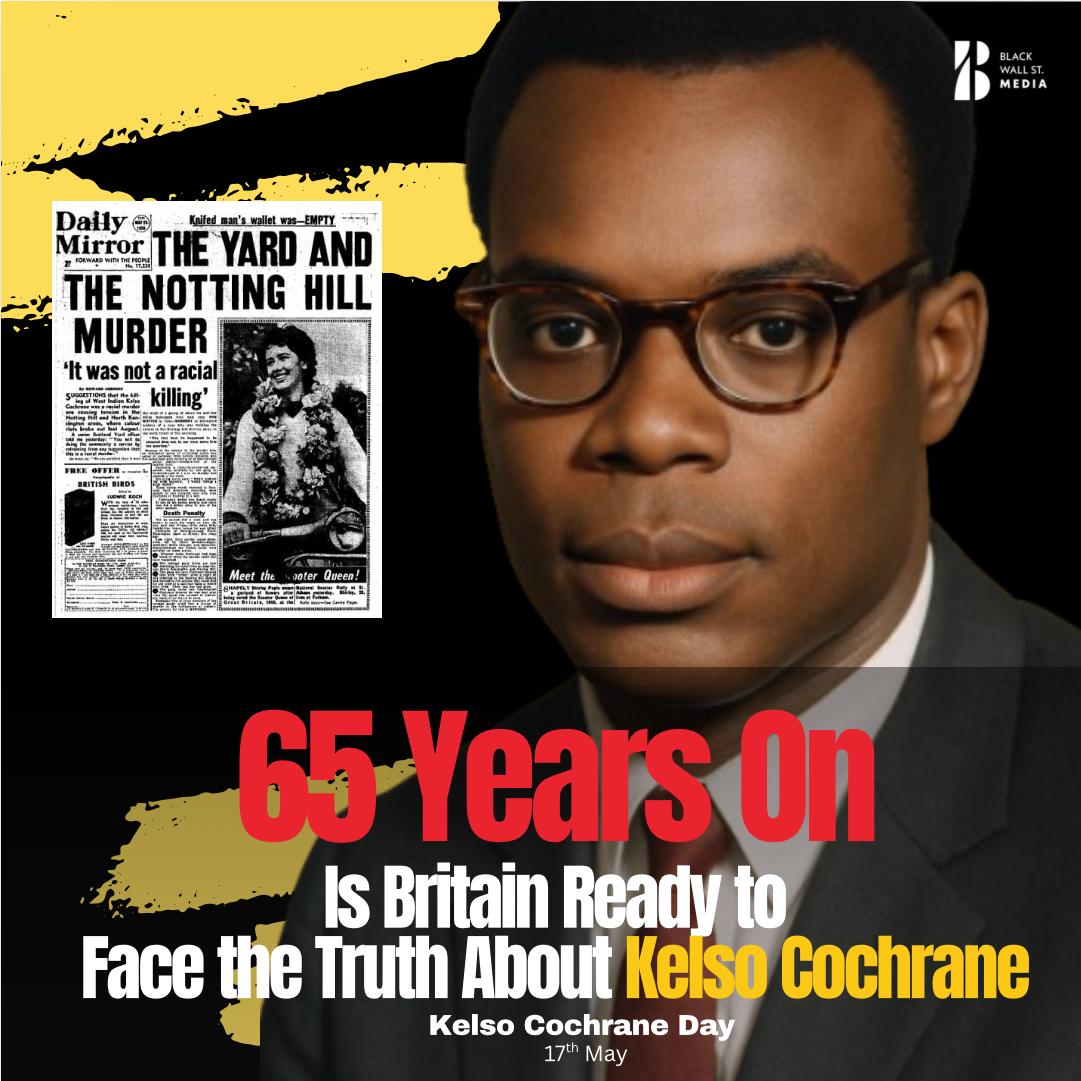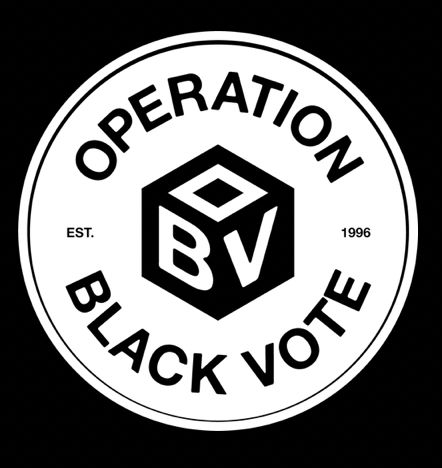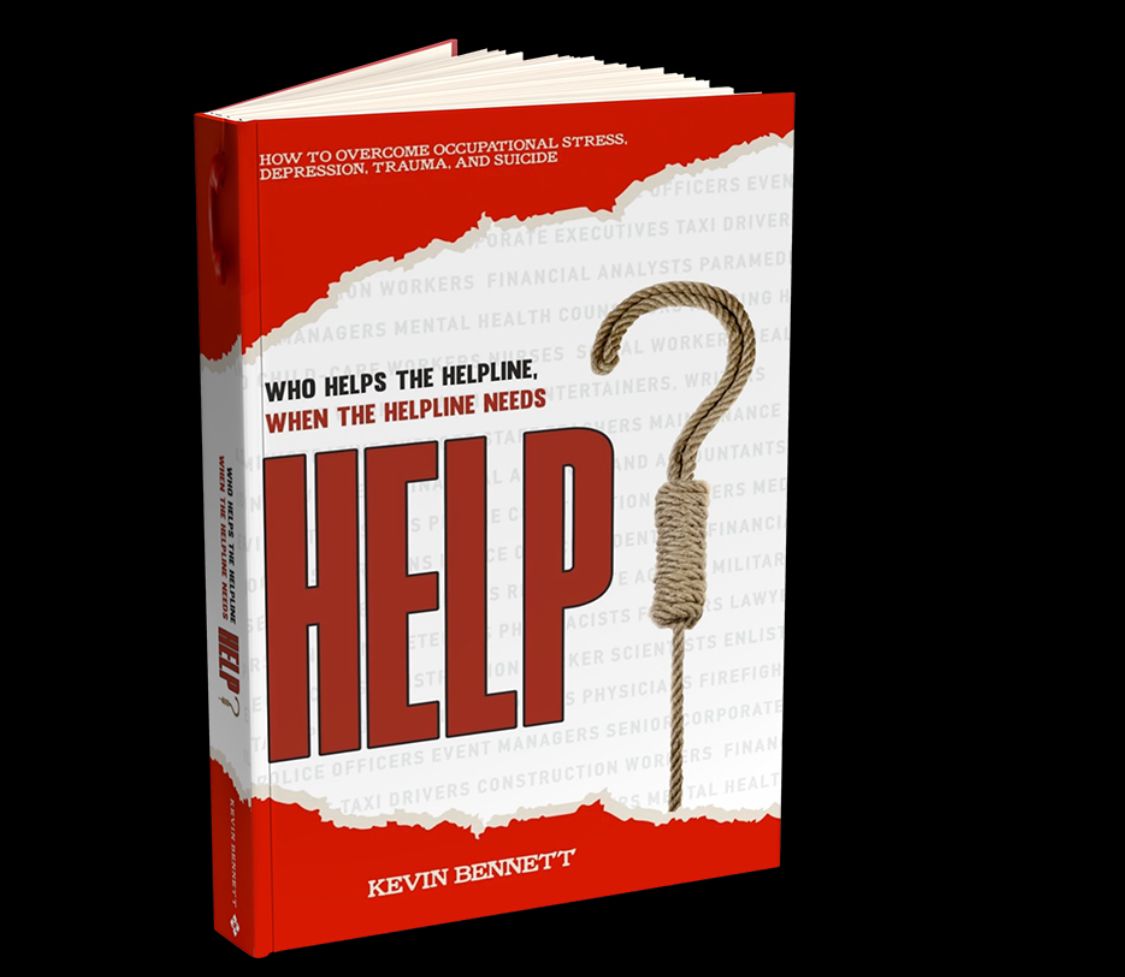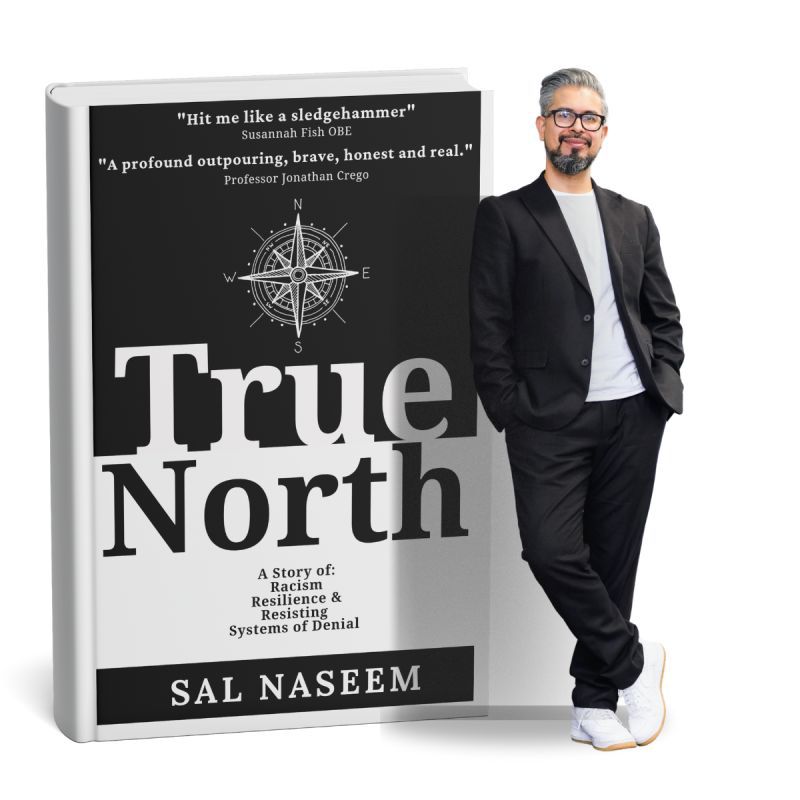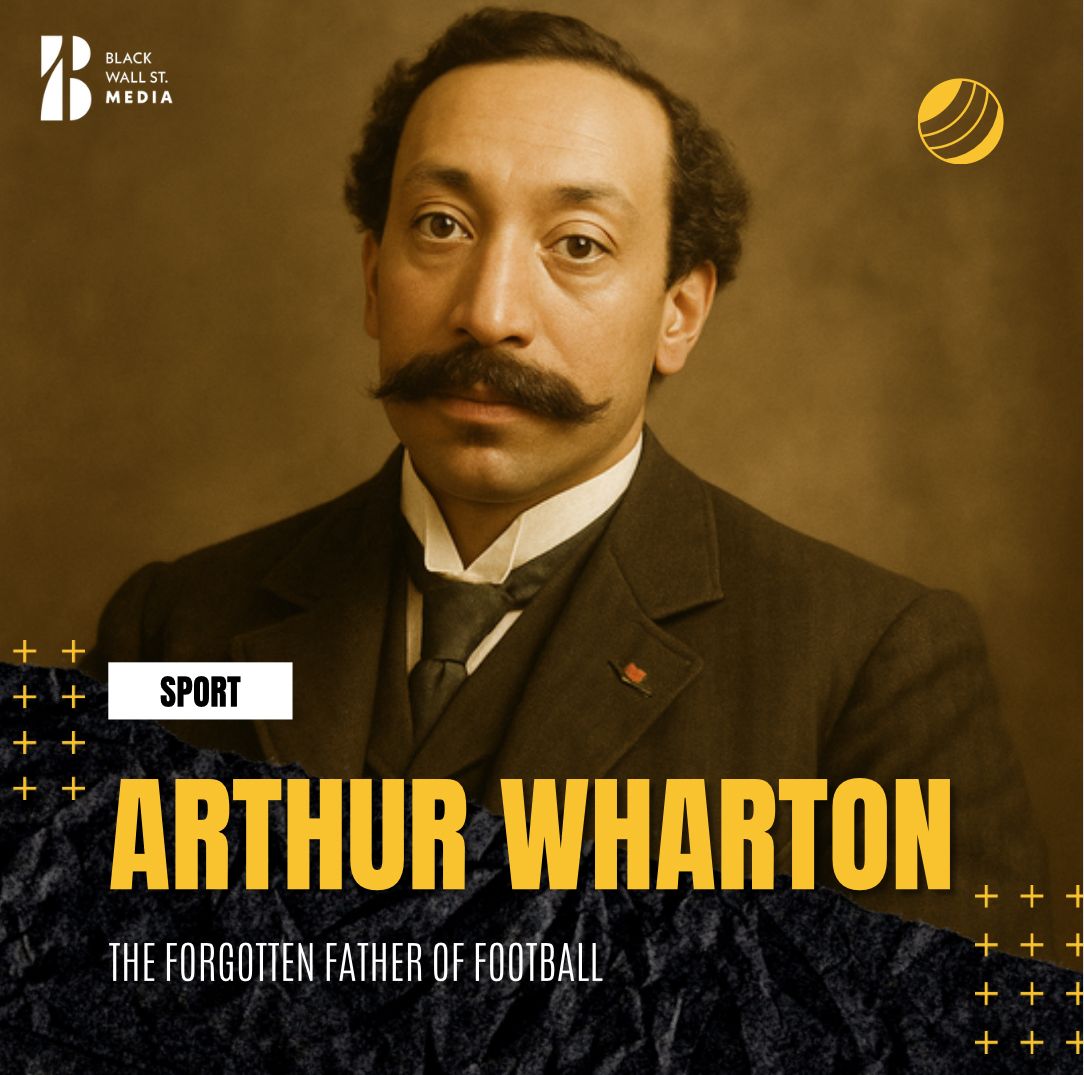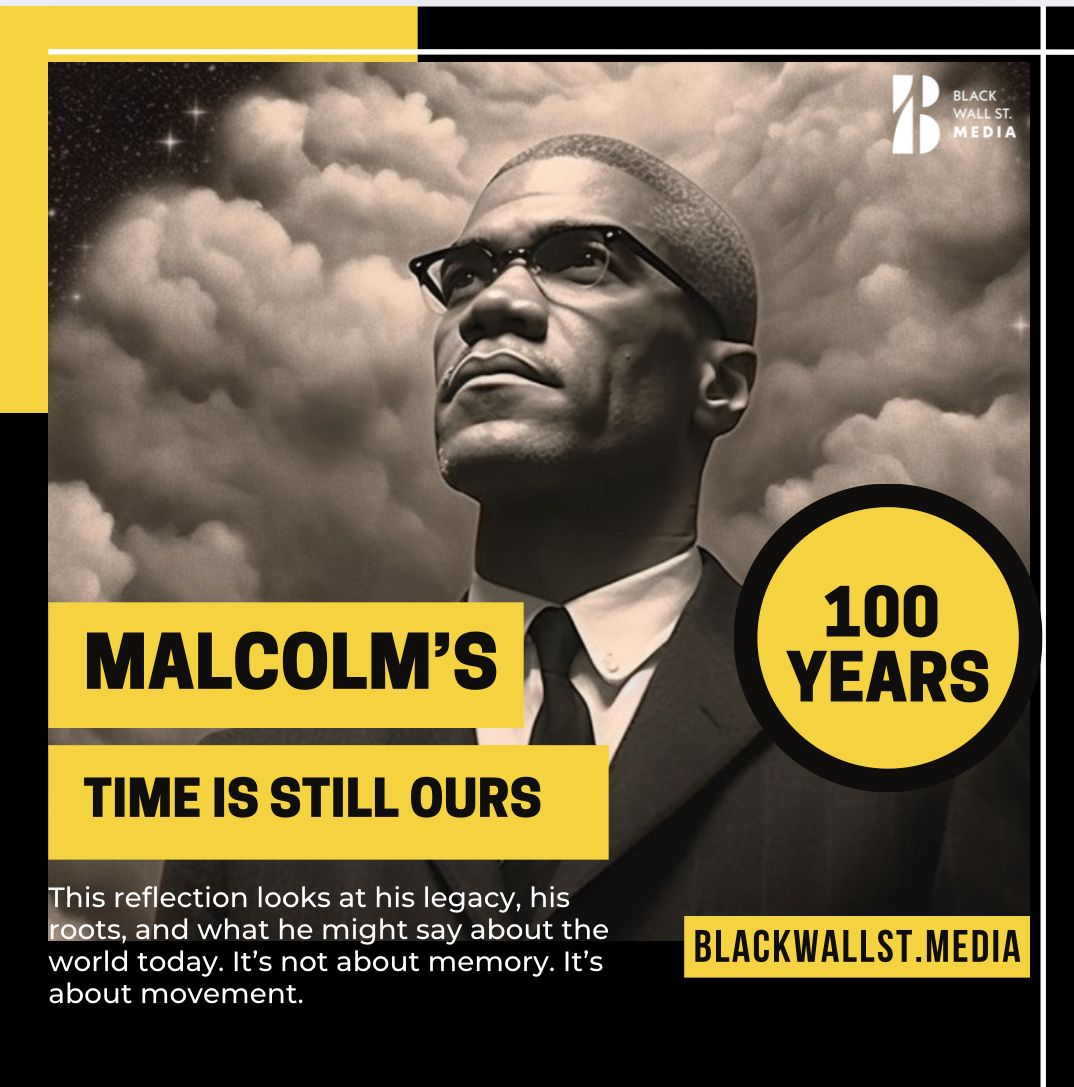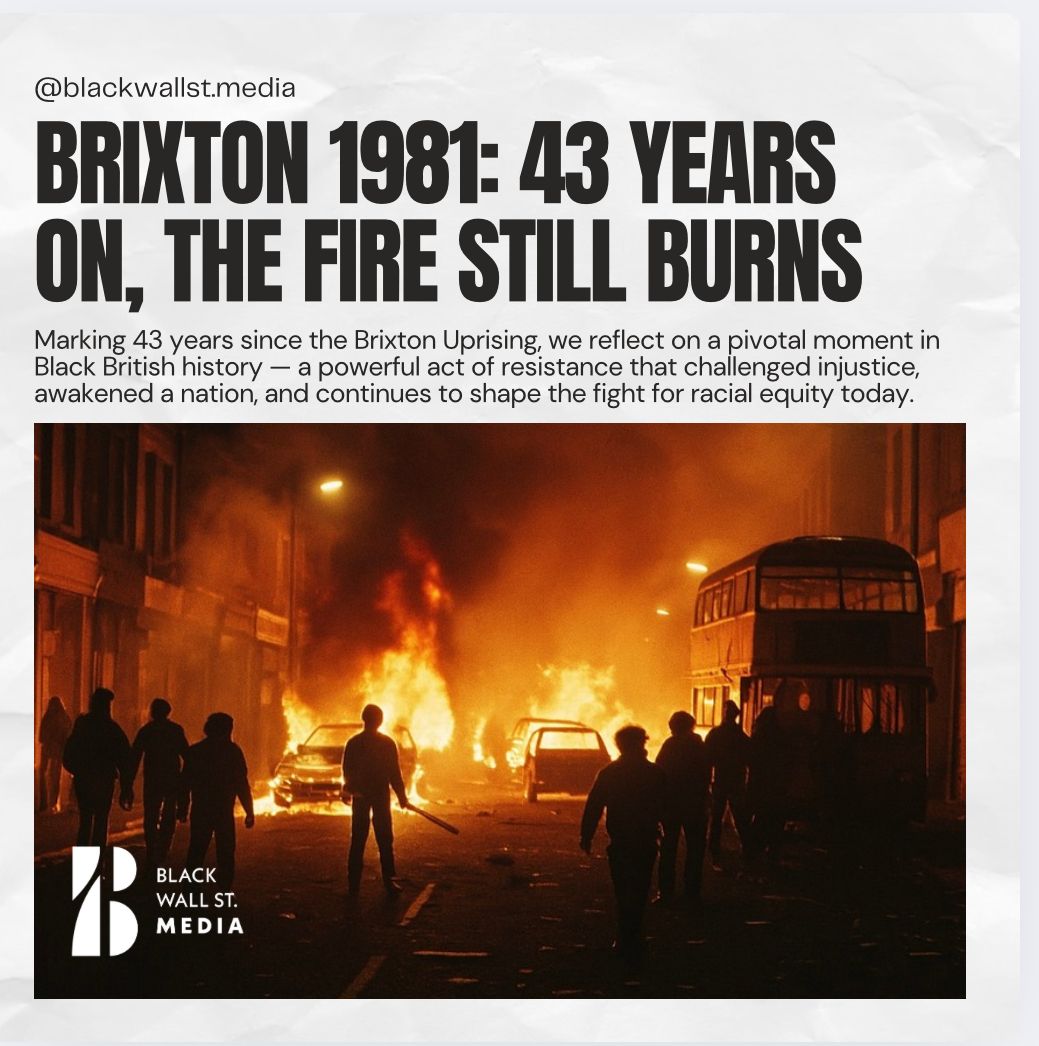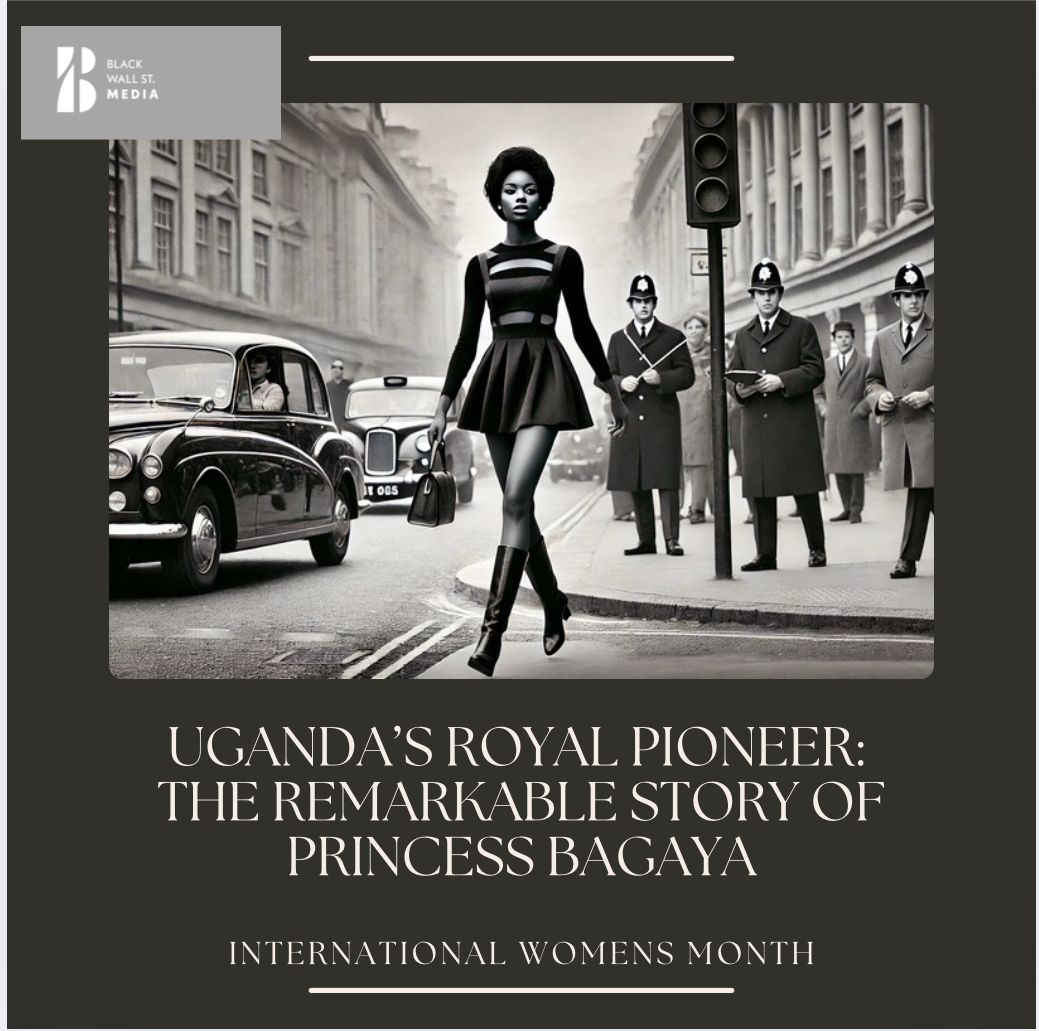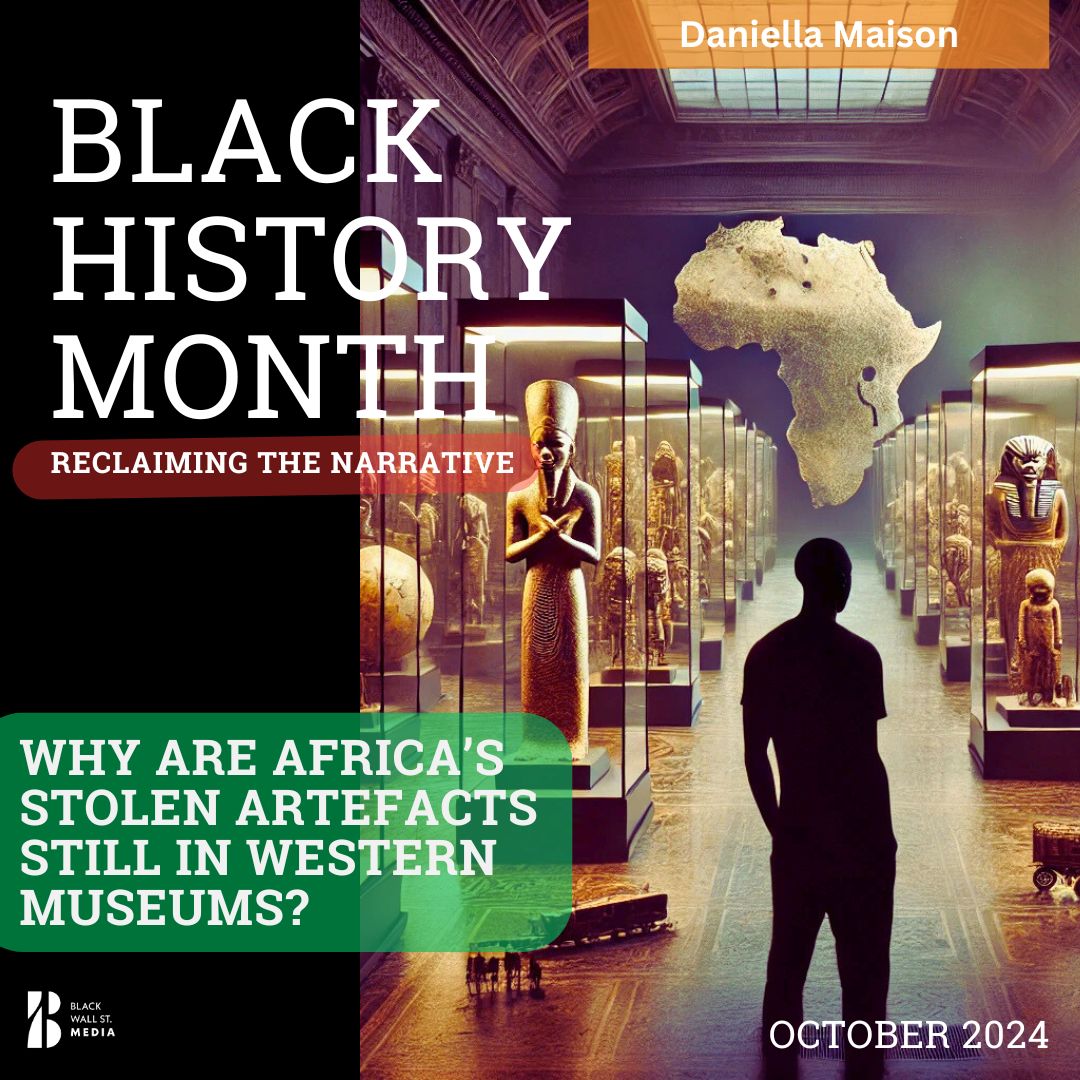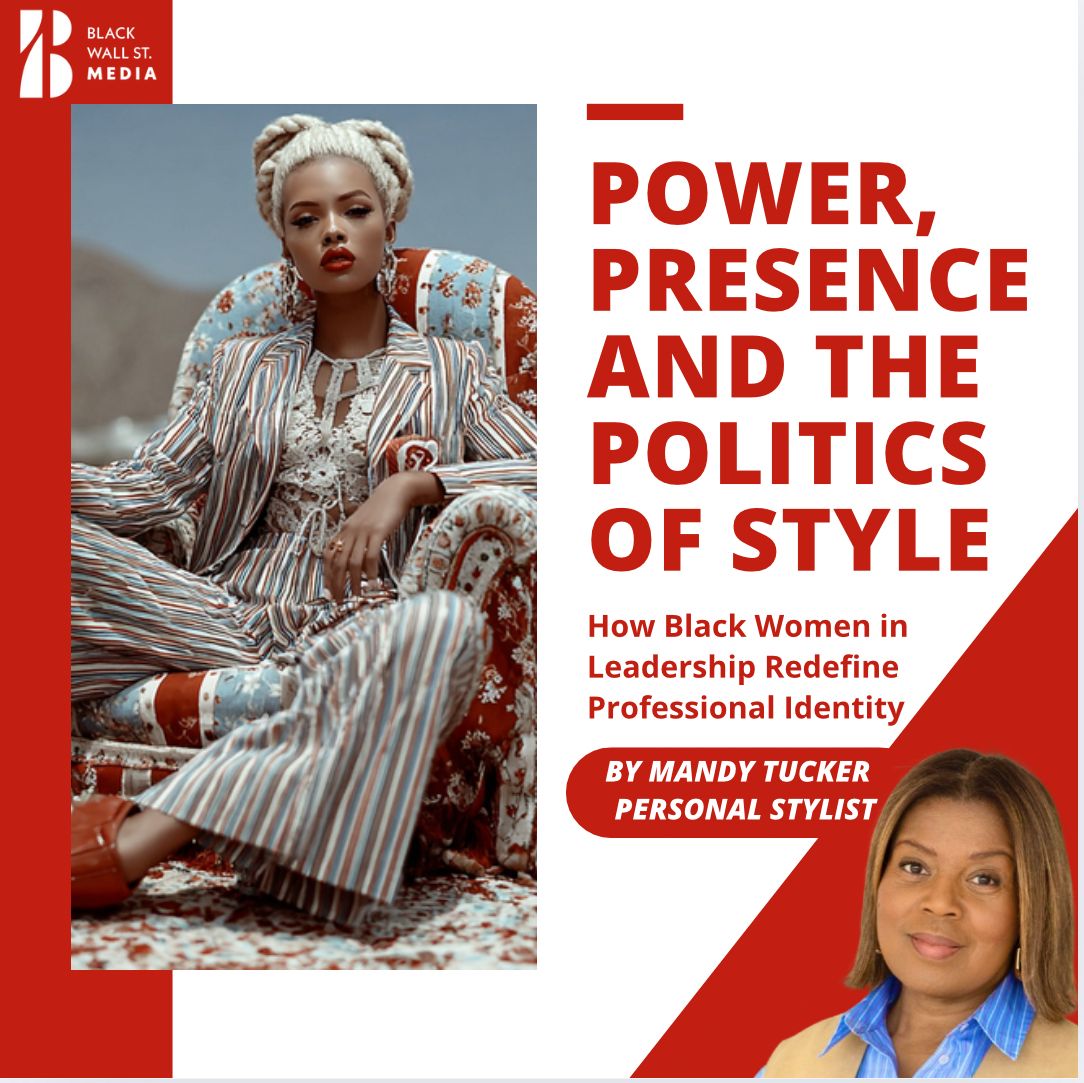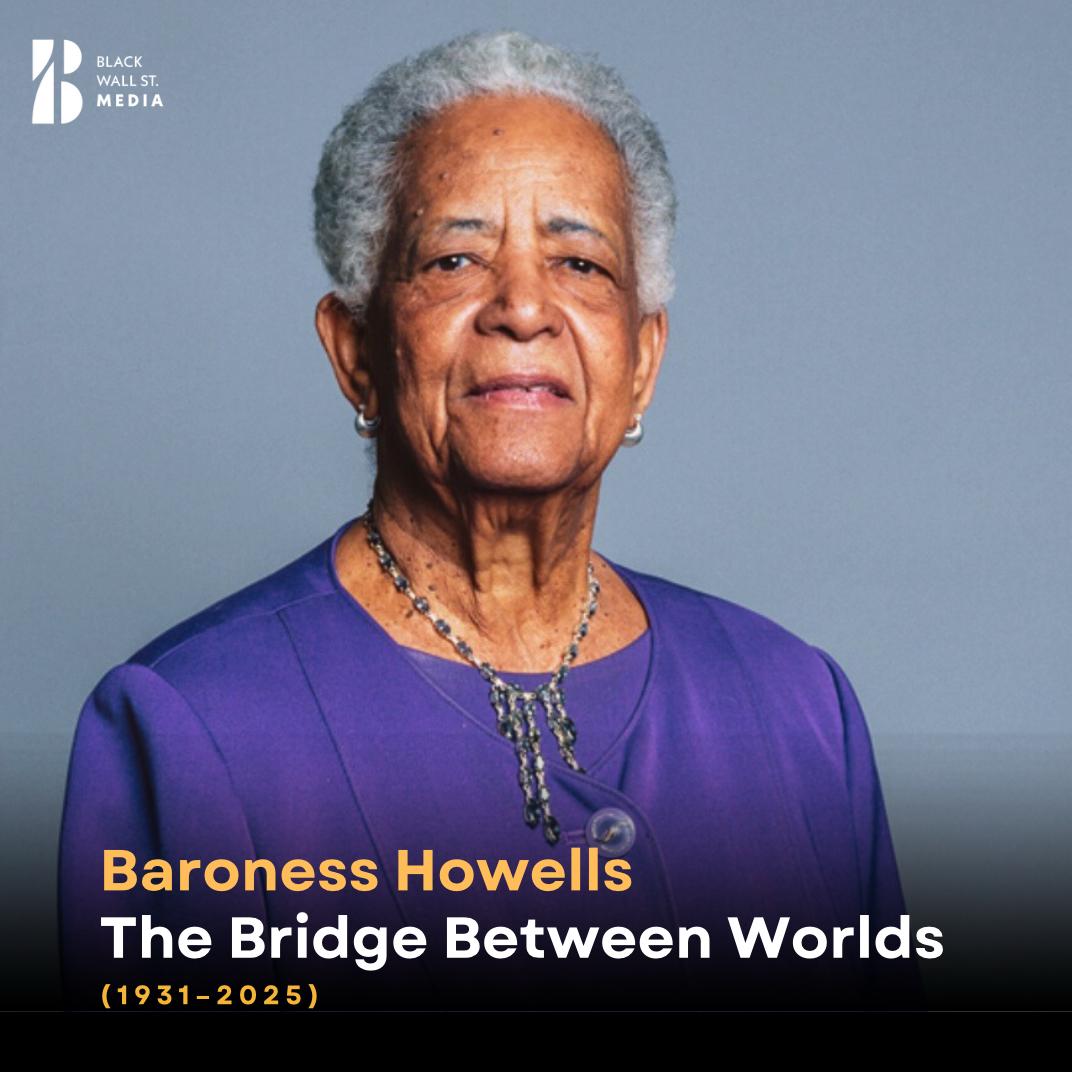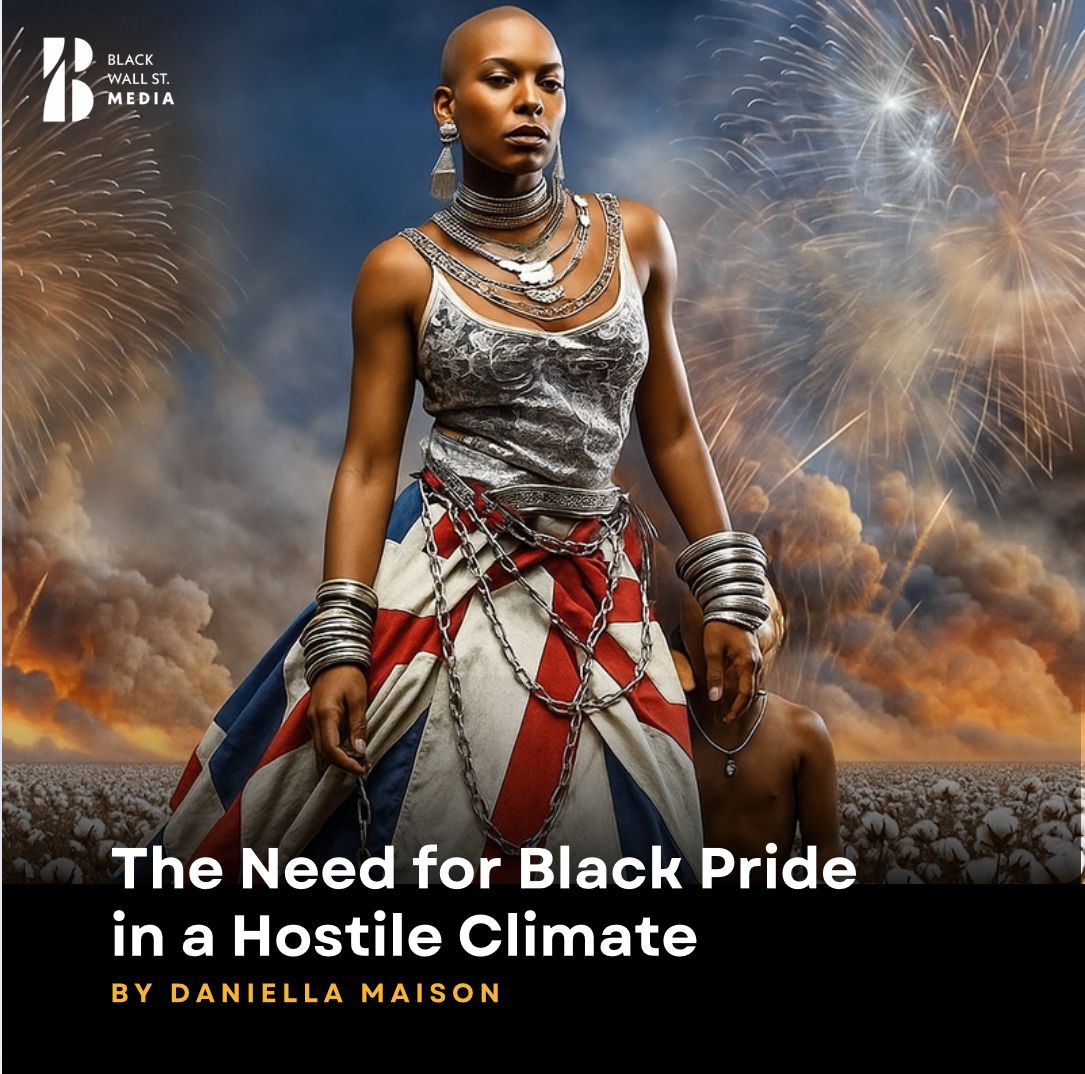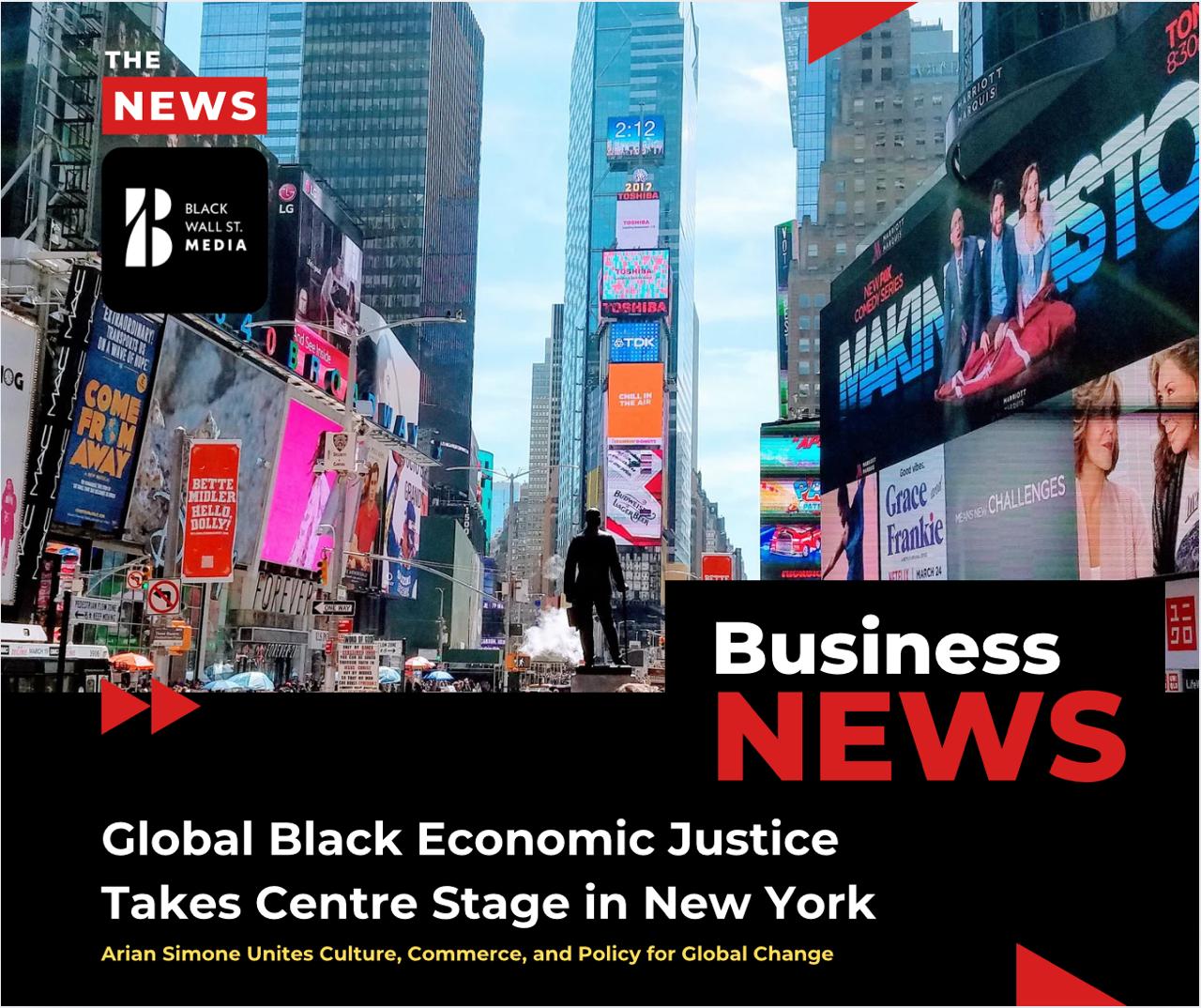Black British History
65 Years On. Is Britain Ready To Face The Truth About Kelso Cochrane
“He wasn’t just a victim. Kelso Cochrane was a young Black man whose life was stolen—and whose death exposed the deep racial fault lines in British society.
His murder was never solved. His story was buried.
But 65 years later, the silence can no longer hold.Read the article. Learn the truth. Share the story Britain tried to forget.”
BWSMCONTRIBUTOR
Kelso Cochrane: A London Elegy
London, 1959. A man lay dying on a quiet street in Notting Hill. His name was Kelso Cochrane—32 years old, a carpenter by trade, a dreamer by spirit.
He had journeyed across the Atlantic from Antigua with calloused hands and hope in his eyes, chasing the promise whispered by the British Empire: that the mother country would offer dignity, opportunity, and belonging to those who had once laboured for her from distant shores.
But on the night of May 17th, that illusion cracked open.
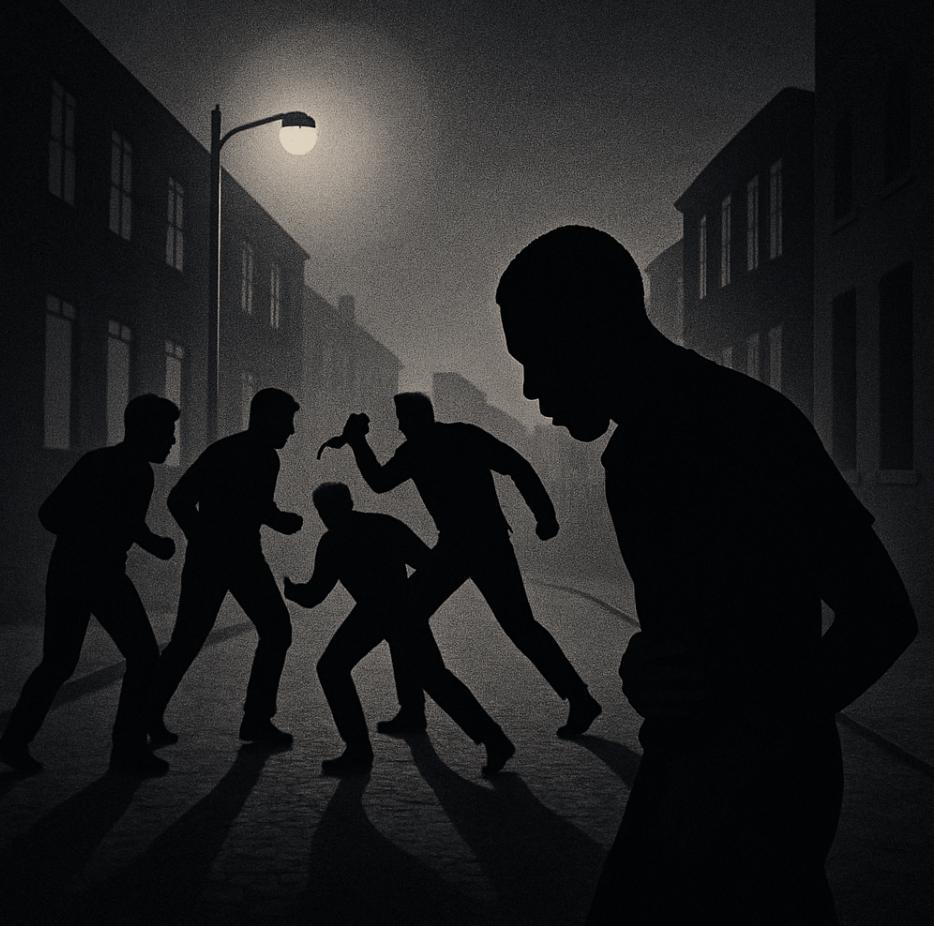
Kelso was attacked by a gang of white youths and fatally stabbed on Southam Street.
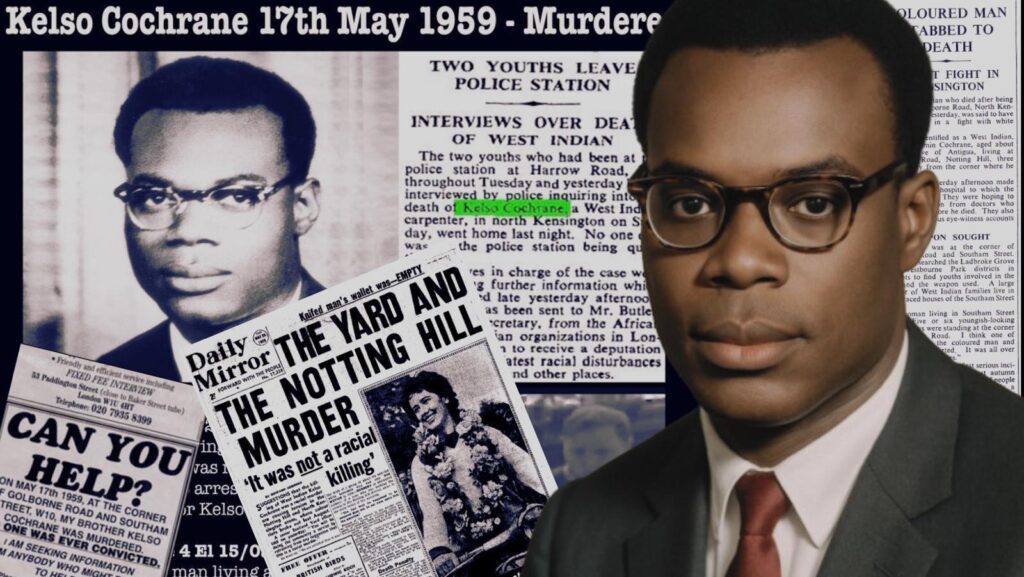
The official narrative reduced the crime to a robbery gone wrong. But Black London knew better. There had been no theft—only the erasure of a life that dared to walk the streets with pride and purpose. And for many, that night wasn’t just a killing—it was a message.
Kelso’s murder did not happen in isolation. It followed the 1958 Notting Hill race riots, when white mobs fuelled by xenophobia and far-right rhetoric unleashed violence against Caribbean residents.
The atmosphere was already thick with racial tension, resentment, and the quiet complicity of a state unwilling to protect its newest citizens. Oswald Mosley’s fascist movement was gaining ground, police patrols turned a blind eye, and in the shadows, fear grew roots.
Forgotten Yet Transformative: The Anniversary of the NottingHill Racist Riots
Kelso became both symbol and sacrifice.
There were no convictions. No one brought to justice. The investigation was brief, perfunctory. Authorities closed ranks, and the city returned to business as usual. But the Black community refused to be silent. More than a thousand people—Black, white, working-class, immigrant—marched in mourning behind Kelso’s coffin. They didn’t just grieve; they bore witness.
That funeral procession marked a turning point. Some say it planted the seeds for what would later become the Notting Hill Carnival, a bold act of joy, culture, and defiance. Others say it marked the beginning of a new kind of political awakening—a quiet but unrelenting demand for recognition and justice.
Kelso’s death exposed the myth at the heart of British post-war identity. The Empire had invited its subjects to rebuild Britain, but when they arrived, they were met not with gratitude, but hostility. “You’re not welcome here,” whispered through housing signs, muttered in pubs, shouted in the streets. And when that hostility turned deadly, the institutions meant to serve and protect made clear whose lives truly mattered.
Decades have passed since that night. London has changed, yes—but the question remains: how much?
We speak now of inclusion, multiculturalism, and Black excellence. We see the rise of Caribbean food festivals, Windrush memorials, Black MPs, and curated celebrations of diversity. But beneath these surface victories lies a more difficult truth: systemic inequality still stalks our streets.
Black communities remain disproportionately policed, underserved, and underrepresented in corridors of power. Racial profiling persists. Hate crimes rise and fall with each political cycle. And across the country, young Black men still feel the weight of suspicion before the benefit of doubt.
Kelso Cochrane’s story is not a relic. It is a lens—a way of understanding the long and unfinished struggle for racial justice in Britain. His death was not just the end of a life; it was the beginning of a reckoning.
To honour him is to continue that work.
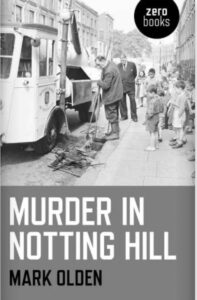 It is to ensure that justice delayed is not justice denied. It is to remember that belonging is not something to be earned through silence, but something to be claimed through voice, dignity, and resistance. It is to teach our children the full story—not just of empire, but of who we became in its aftermath. And it is to confront the uncomfortable truth: that until we build a society where no man is killed for the colour of his skin, the promise of equality remains a fiction.
It is to ensure that justice delayed is not justice denied. It is to remember that belonging is not something to be earned through silence, but something to be claimed through voice, dignity, and resistance. It is to teach our children the full story—not just of empire, but of who we became in its aftermath. And it is to confront the uncomfortable truth: that until we build a society where no man is killed for the colour of his skin, the promise of equality remains a fiction.
Let us speak Kelso Cochrane’s name—not only on anniversaries, not only in sorrow, but in resolve.
Let us build not just monuments, but movements.
Let us create a Britain where the dreams that Kelso carried with him from Antigua can finally find soil to grow.
Because the dead are still watching.
And they deserve an answer.
Linked articles:
-
https://www.rbkc.gov.uk/housing/new-homes-safer-homes/kelso-cochrane-house-175-177-kensal-road
-
https://www.bbc.co.uk/news/articles/c2q0x76e4ppo
-
https://www.theguardian.com/commentisfree/article/2024/jul/20/kelso-cochrane-murder-racism-britain-met-police
-
https://www.tiktok.com/@kaynekawasaki/video/7133223602110909702?_r=1&_t=ZN-8wNpjqTuzv4











